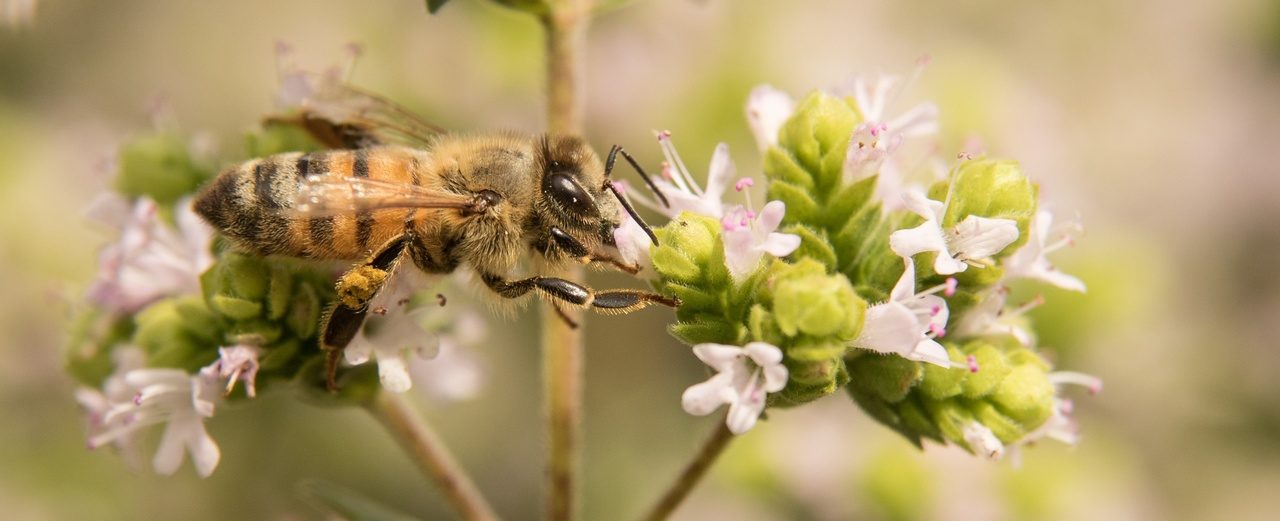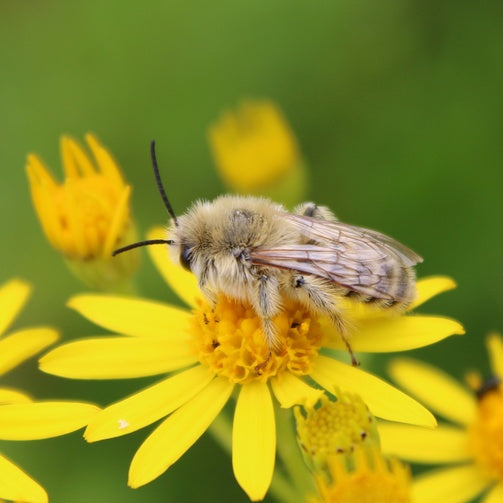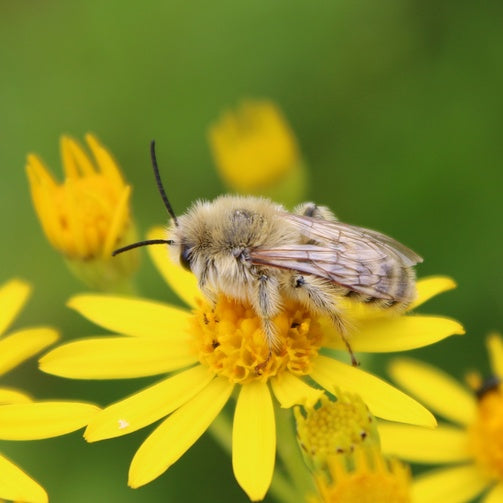Day 10
3m2 wildflower meadow to protect bees in Germany
 Flowering Islands in the City Flowering Islands in the City
Flowering Islands in the City Flowering Islands in the City


wildflower meadows for bees

need
Flowering meadows to protect endangered wild bees and other insects.
activity
Fallow land and desolate green spaces in cities, along with schools and daycare centers, are being transformed into wildflower meadows.
Measurable performance
Number of square meters of area converted into wildflower meadows.
Result
Wildflower meadows have created habitat for wild bees and wild bee species have settled there.
Systemically relevant impact
Habitat for wild bees and other insects is sustainably expanded and biodiversity in cities is protected.
background


The good deed
AboutGermany
Berlin
Capital city

82,100,000
Population
46.136
Gross domestic product
per capita per year
Rank 5 of 189
Human Development Index
(Human Development Index)




